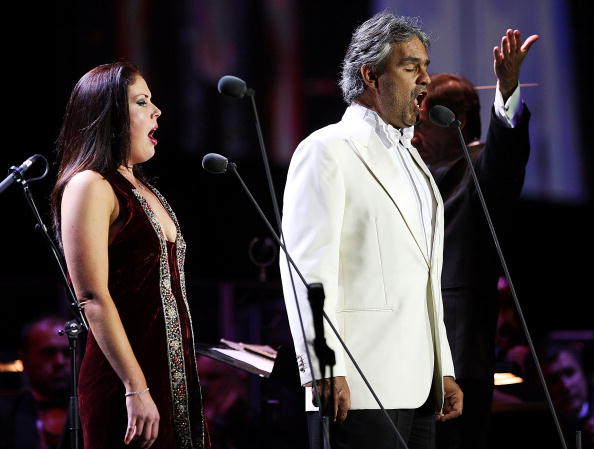New Zealand Opera is pioneering a new technology to enhance the experience for blind and low-vision operagoers.
This innovation allows vision-impaired audience members to access braille surtitles during live performances, making it the first opera company in the world to offer this service.
Traditionally, opera companies use surtitles to display translations of lyrics and scripts on screens during performances.
However, vision-impaired patrons have had to rely on audio descriptions, which can interfere with the enjoyment of the music.
Brad Cohen, NZ Opera’s general director, developed this technology with his company ‘contexts.live’. It sends braille surtitles to a user’s personal braille-reading device simultaneously as the surtitles are displayed on screens for the sighted audience.
Cohen believes this is a groundbreaking development. “Blind and low-vision patrons have always been at a disadvantage – they haven’t had the same experiences as the rest of the room was having,” he said. “This technology levels the playing field, giving them the same experience and text as the rest of the audience.”
Users can access the text through a webpage on their phone, which then sends the words to the braille reader. The system allows for multiple outputs, so sighted people can read surtitles on a screen, low-vision individuals can read large text on their devices, and blind people can read in braille or listen.
After a successful trial during the Auckland season of Rossini’s Le Comte Ory, the braille surtitles will become a permanent feature for NZ Opera. Paul Brown, a blind opera fan who helped test the technology, called it “life-changing.”
“It’s a recognition of braille as the primary literacy method for a group of people,” Brown said. He highlighted the importance of accessing surtitles for understanding the humor and nuances in the performance, especially for Le Comte Ory, which included New Zealand slang.
Cohen hopes other opera companies and live performance venues will adopt the technology. “We see huge potential for conferences or any events with existing scripts,” he said.
The introduction of braille surtitles is an exciting step forward, opening new possibilities for vision-impaired individuals to enjoy live performances fully.












